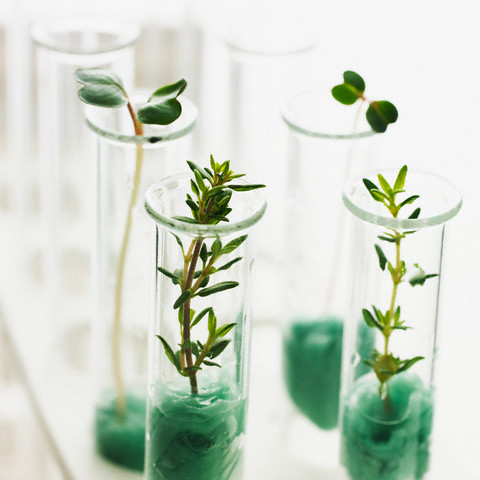International Journal of Pure & Applied Bioscience (IJPAB)
Year : 2017, Volume : 5, Issue : 6
First page : (215) Last page : (222)
Article doi: http://dx.doi.org/10.18782/2320-7051.5174
Effect of Inositol on Post Harvest Germination of Groundnut (Arachis hypogaea L.) Genotypes under Stress
Prakash Chandra Gupta*
Krishi Vigyan Kendra, Agwanpur, Barh, Patna-803214
*Corresponding Author E-mail: pcguptauas@gmail.com
Received: 10.07.2017 | Revised: 27.08.2017 | Accepted: 1.09.2017
ABSTRACT
A field experiment was conducted at the Main Agricultural Research Station, University of Agricultural Sciences, Dharwad during Kharif. The experiment consisted of two treatments, foliar application of inositol @ 100 ppm at 65 DAS (during pod and seed development) in 10 genotypes of groundnut (TAG 24, JL 24, R-2001-3, K-07, GPBD 4, GPBD 5, K-134, TKG-19A, Girnar 1, and GPBD 6) and another set of genotypes maintained without application as control. The experiment was laid out in factorial design with 20 treatment combinations in three replications. The data on post harvest germination of groundnut seeds after 48 hour indicated that seed obtained from inositol sprayed groundnut recorded 10 per cent higher germination compared to control. Higher germination could be attributed to increased availability of sugar from the accumulation of phosphorus during seed. Seed harvested from inositol treated plant showed 10 per cent higher germination under PEG stress condition of -10 bar confirming the role of inositol in increasing the moisture stress resistance. Irrespective of PEG- stress or under control (well water condition) at 30 days after storage the seeds obtained from inositol treatment plants performed better. Thus, the quality of the seeds of inositol treated plant during pod filling could be better and has been shown here in the present investigation in the form of higher germination and inositol acts as osmoprotectant.
Key words: Inosital, Groundnut, Stress, Phytate
Full Text : PDF; Journal doi : http://dx.doi.org/10.18782
Cite this article: Gupta, P.C., Effect of Inositol on Post Harvest Germination of Groundnut (Arachis hypogaea L.) Genotypes under Stress, Int. J. Pure App. Biosci.5(6): 215-222 (2017). doi: http://dx.doi.org/10.18782/2320-7051.5174





